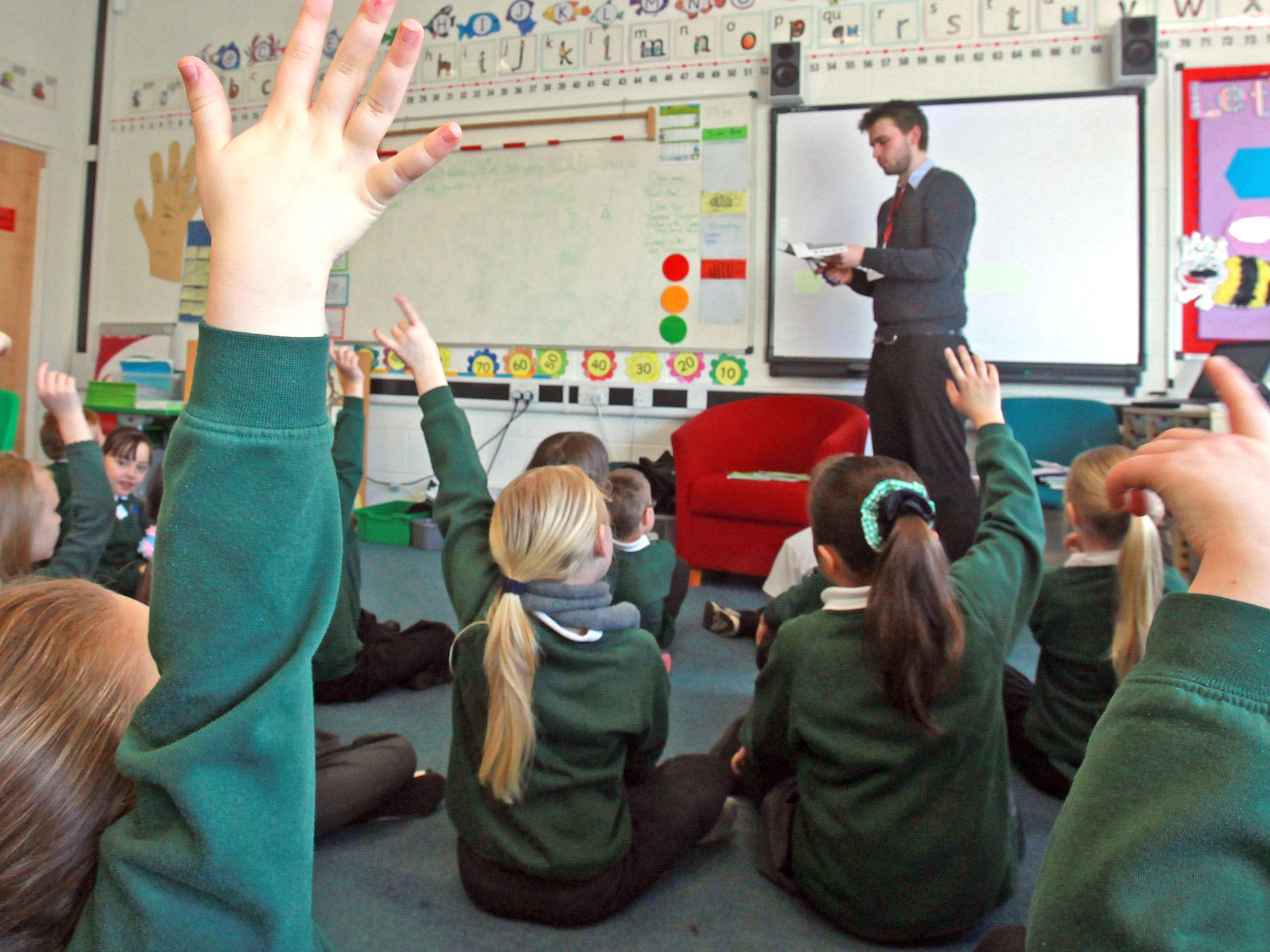Schools to publish what they teach children about sex, drugs and alcohol
Move will 'address changes in technology and legislation since 2000'

Schools are to publish online what they teach children about sex, drugs and alcohol.
The Department for Education issued new guidance to schools earlier this month, saying that the Personal, Social, Health and Economic (PSHE) syllabus, which also covers bulling and financial education, should be made public.
It applies to England's primary and secondary schools, including academies, free schools and local authority-run schools.
“All schools must publish their school curriculum by subject and academic year, including their provision of personal, social, health and economic education,” the guidance said, according to The Daily Telegraph.
Lord Nash, a junior education minister, said the move would “address changes in technology and legislation since 2000, in particular equipping teachers to help protect children and young children from inappropriate online content and from online bullying, harassment and exploitation”.
The news came as Labour failed in a bid in the House of Lords to force all state-funded primary and secondary schools to teach sex education. At present sex and relationship education is only compulsory in maintained secondary schools, but not in academies or primary schools.
Joe Hayman, chief executive of the PSHE Association, a charity funded by Government, said publishing the syllabus was “a welcome step forward”.
The association added: “We believe published material should also aim to be informative to pupils and parents who want to see what the school has in mind for PSHE education.”
Colin Hart, a Christian Institute director, also approved of the idea. “It would be ideal if parents could actually see online a copy of the materials themselves,” he said. “The potential threat of a parental backlash would help block the use of inappropriate materials.”
Justine Roberts, chief executive of Mumsnet, said the move was “good news”.
But she added: “What parents on Mumsnet as well as many experts are calling for is compulsory, appropriate relationship education that is fit for purpose in the digital age. Four out of five of our users think sex education should address issues like pornography, sexting as well as consent and respectful relationships.”
Subscribe to Independent Premium to bookmark this article
Want to bookmark your favourite articles and stories to read or reference later? Start your Independent Premium subscription today.

Join our commenting forum
Join thought-provoking conversations, follow other Independent readers and see their replies